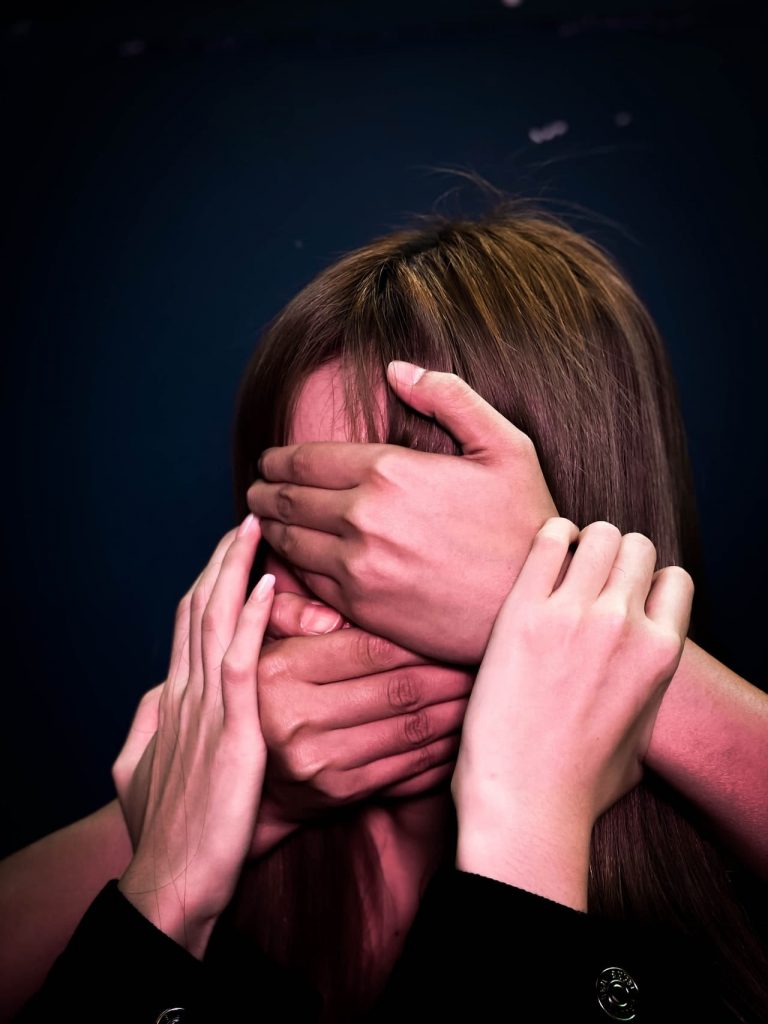In today’s crazy world it may seem like more and more people are reaching for drugs and alcohol to get high, in order to help them cope with the struggles of our "new normal". Thanks to the Coronavirus pandemic that our country is still facing, alcoholism and relapse rates are once again on the rise. Unfortunately, this is due to a multitude of different reasons like self-quarantine, isolation, boredom, change in routine and schedule, closures of local AA or NA support groups, and even having kids home full time, or being around your partner 24/7. All of these are stressful situations which could lead even the strongest willed person to have their long-lasting sobriety to come to an end.
Though COVID-19 has certainly caused a surge in relapse rates, alcoholism, and drug use, that certainly doesn’t mean that substance abuse problems weren’t a problem before 2020. In fact, it is estimated that every year, nearly 21 million Americans will suffer from a substance abuse problem of some kind. With so many people affected, it may be easy to wonder why do people get high in the first place? Well, for someone who has ever struggled with an addiction firsthand, they may know that sometimes the answer to that question is simple… But sometimes, the answer to that question is much more complicated. While we certainly cannot find one or two primary reasons people choose to get high, we can isolate some of the more common reasons people turn to drugs or alcohol.

We are all pretty familiar with being bored, perhaps today even more so than ever before with practically everything moving online and becoming virtual. Sometimes, when a person is left to one’s own devices, it can be pretty easy to see the temptation in trying drugs or alcohol just for the sake of having something to do. That is why drugs and alcohol are so dangerous around young teens and adults because they are particularly susceptible to boredom.
We have all probably heard the saying, “Curiosity killed the cat” -- and while trying drugs and alcohol likely won't kill you the first time, it still most certainly could. With dangerous drugs like fentanyl being laced in some common street drugs, a drug overdose death is more likely now, than ever.
Beginning with something as simple as wanting to know what it feels like to be high or get drunk, can end up leading someone down that path of a lifetime of hurt caused by an addiction to drugs or alcohol. If curiosity ever strikes, it is best to remember that there is no way to tell who will become addicted to drugs or alcohol and that even one time could lead to an addiction.
As humans, we all have an innate desire to fit in or belong. For teens and young adults, this is even more important. According to a recent survey, nearly 29% of teens said they had tried drugs or alcohol because their friends were also doing it. It seems that friends can play a huge role in determining whether or not a teen or young adult will eventually try drugs or alcohol for the first time. The same can be said for older adults as well, something as simple as changing jobs and getting asked to go out for drinks with your new coworkers and agreeing, even though you have been sober for a year, could potentially be a huge relapse trigger for anyone.

Along the same lines as the desire to belong is peer and social pressure. A lot of times people, especially teens and young adults, try drugs or alcohol for the first time because of pressure from their peers. Even though someone may initially say no to using drugs and alcohol, pressure from friends can eventually make them give in for fear of being ostracized or outcast. In turn, they may continue using drugs or alcohol even if they don't want to, simply out of the fear of rejection.
Any past or current trauma and/or abuse, such as a sexual assault, a car accident, childhood neglect, or emotional abuse, can lead anyone to trying drugs or alcohol. Traumatic events can imprint on the memory, making it very difficult to get past the experience. Oftentimes, people get high in an attempt to escape having to deal with the painful emotions associated with the experience.
Teens and young adults are not the only age group that can fall victim to addiction from environmental pressures. For instance, career pressure can drive someone of any age to get high on drugs or alcohol. A lot of times, people tie their self-worth into their career and if they feel as though they are not living up to their potential or are struggling to meet demands they may turn to drugs and alcohol in order to make themselves feel better.

Losing a loved one is a devastating feeling and grief is an especially painful experience. Living through a loved one’s death is an especially difficult time for people and no two people grieve the same. Unfortunately, many people who are undergoing grief may want to get high, in an attempt to forget about the loved one’s passing. However, while this is normally just a short term coping mechanism it can turn into a life-long problem for those who are not careful.
Usually, the reasons are psychological, mental, or physical. Some people use drugs or alcohol in an attempt to self-medicate some sort of mental illness like depression or insomnia. There is also no way to tell who will become addicted to drugs or alcohol, so it is best to try and steer clear of all illicit substances when possible.
If you, or a loved one, are having difficulty with a substance abuse disorder, then we are here to help. Reach out to us today and let our family at More Than Rehab help take care of you, or your loved one who is struggling. We have years of experience and knowledge when it comes to treating substance abuse disorders and many of our staff have been where you are before, so we know what it takes to lead a healthy and fulfilling life of sobriety! Call us anytime. We are available 24/7 and we hope to hear from you soon!

